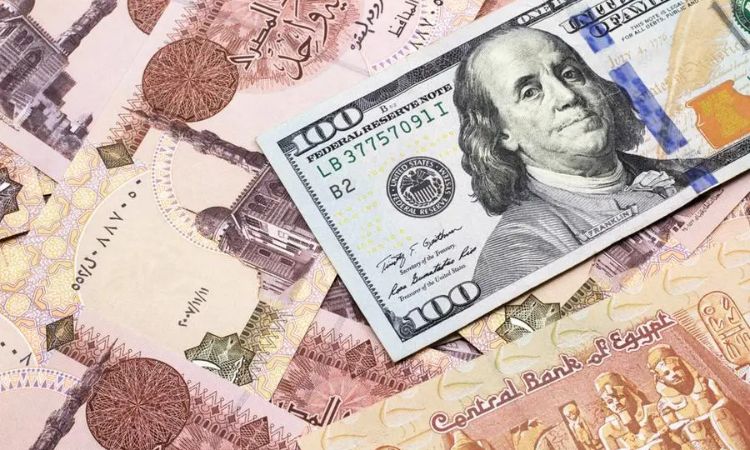Egypt’s Supply Minister, Ali Moselhy, clarified that there is no existing credit line with India, contrary to earlier reports by Bloomberg News. However, discussions are underway to explore the possibility of using Local currencies other than the US dollar for payments regarding imports. In addition to India, similar conversations are taking place with Russia and China.

The Egyptian government aims to stabilize its economy following the impact of the Russian invasion of Ukraine, which led to a decline in tourism, increased commodity prices, and substantial capital outflows from its financial markets. Inflation has surged due to currency devaluations, foreign currency shortages, and delays in imports. As part of its economic recovery strategy, Egypt plans to sell state assets to meet debt repayment obligations.
Egypt’s Efforts to Diversify Payment Methods:
Amid ongoing economic challenges, Egypt is exploring alternatives to using the US dollar for trade payments. Supply Minister Ali Moselhy has confirmed discussions with India, Russia, and China, with the aim of trading in their respective local currencies. By diversifying payment methods, Egypt seeks to reduce its reliance on the US dollar and mitigate the impact of currency fluctuations.
Economic Impact of the Russian Invasion:
The Russian invasion of Ukraine had severe repercussions on Egypt’s economy. The country experienced a significant decline in its tourism industry, leading to reduced revenue and job losses. Additionally, commodity prices rose, affecting the cost of living for Egyptians. The invasion also prompted foreign investors to withdraw approximately $20 billion from Egyptian financial markets, causing additional strain on the economy.
Rising Inflation and Currency Challenges:
Egypt has been grappling with rising inflation over the past year. The country implemented a series of currency devaluations to address economic imbalances, which contributed to higher import costs. Furthermore, a prolonged shortage of foreign currency and delays in importing goods have exacerbated the inflationary pressures. These challenges have put a strain on the Egyptian government’s ability to stabilize prices and maintain economic stability.
Deferred Letters of Credit for Wheat Imports:
In an effort to alleviate financial pressures caused by the shortage of foreign currency, Egypt’s state grains buyer postponed opening letters of credit for wheat imports. This decision aimed to prioritize available funds and ensure that essential goods, such as wheat, were procured within the country. However, such measures highlight the urgent need for Egypt to address its foreign currency shortage and establish sustainable solutions to facilitate trade and import operations.
Strategic Partnership with India:
Media reports suggest that Indian Prime Minister Narendra Modi is scheduled to visit Egypt later this month, indicating a growing desire for both countries to become strategic partners. While the credit line reported by Bloomberg News was clarified as not yet implemented, discussions between Egypt and India regarding potential financial arrangements and trade partnerships are ongoing. This visit could further solidify bilateral ties and open new avenues for collaboration, benefiting both nations’ economies.
Selling State Assets to Meet Debt Obligations:
As part of its efforts to address debt repayment commitments, Egypt has devised a plan to sell state assets. This approach aims to generate revenue and reduce the country’s debt burden. By monetizing state-owned enterprises and assets, Egypt intends to improve its fiscal position and enhance its ability to meet financial obligations. The success of this strategy will depend on attracting domestic and international investors while ensuring transparency and fair valuation of assets.
Conclusion:
Egypt’s Supply Minister, Ali Moselhy, has clarified that there is no existing credit line with India, but discussions are ongoing to explore trade using local currencies. The Egyptian government is also engaging in similar conversations with Russia and China. Egypt’s economy has faced significant challenges, including the impact of the Russian invasion of Ukraine, inflationary pressures, foreign currency shortages, and delays in imports. To stabilize the economy, Egypt aims to diversify payment methods, attract strategic partnerships, and sell state assets to meet its debt obligations.















